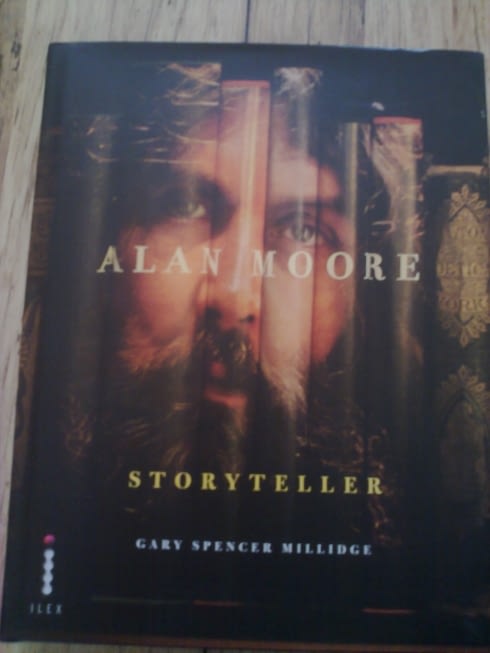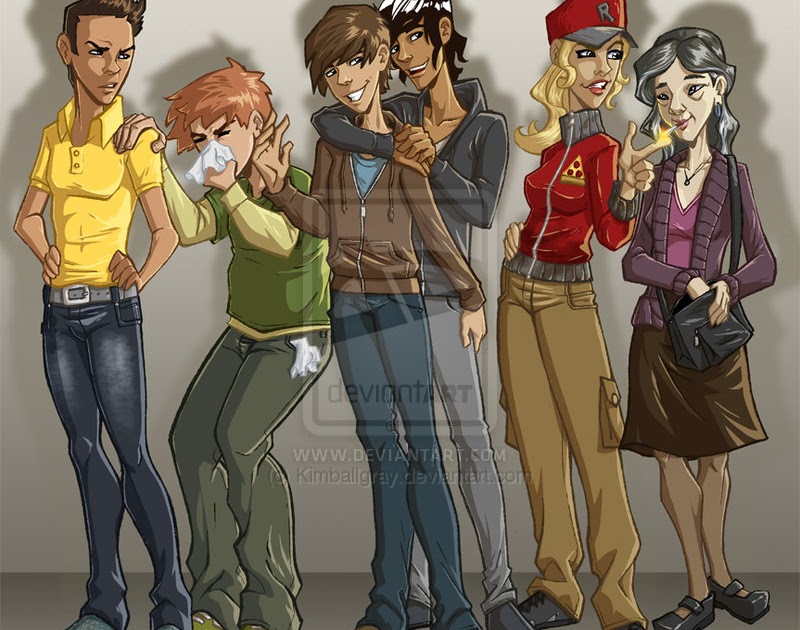

The myriad conflicts and internal antagonisms will resonate with anyone who remembers those thrilling and painful days of adolescence. This is compounded by an overwhelming desire to please his father, who sacrifices much for the boy’s happiness. He attempts to fit in with tough social environments, all the while crippled by his anxiety over society’s reaction to his sexual orientation. Thom struggles with the natural social clumsiness and painful embarrassments teenagers usually endure.

The first is from the perspective of the adolescent. The book functions on two distinct but well-integrated narrative planks. These desires to use his powers for good are coupled with his internal conflict over his homosexuality both represent who he is and who he wants to be, but both come in conflict with the beliefs of his kind and well-meaning, but sometimes narrow-minded, father. Despite his father’s bitterness over superheroes following his unjust fall from grace, Thom wants to use his powers to help the world and despite his awkwardness and inexperience, he is able to make it onto a viable superhero team. His father is a disgraced superhero and his mother has disappeared. Thom is a young, intelligent, athlete, who slowly learns that he has superpowers. Hero begins as a fairly traditional contemporary superhero story with a few deconstructionist elements. This book adds to the discourse on the subject and is a very necessary work. The superhero story, despite its often being dismissed as escapist entertainment, is truly a telling example of the beliefs and values of a society. This book is significant, not just because it is well-written and replete with interesting characters and insightful social commentary, but is important for what it represents. Moreover, it does this by taking the discussion outside the realm of comic books and placing it in a novel, thus altering the medium. He has argued that gay comic book characters usually suffer terrible fates.Ĭonsequently, his new novel, the story of a young gay man with powers, breaks with that tradition by altering the representation of the comic book’s most traditional icon: the superhero. Perry Moore has written at length of his negative feelings towards comic books and their portrayal of homosexual characters. In the case of Perry Moore, and his book Hero, he fulfills both qualifications. That “outsider” status can come from both perspective and field, or medium and mechanism. Sometimes in order to avoid stagnation and revitalize some mode of expression, it takes an outsider to break the paradigm and challenge tradition.


 0 kommentar(er)
0 kommentar(er)
